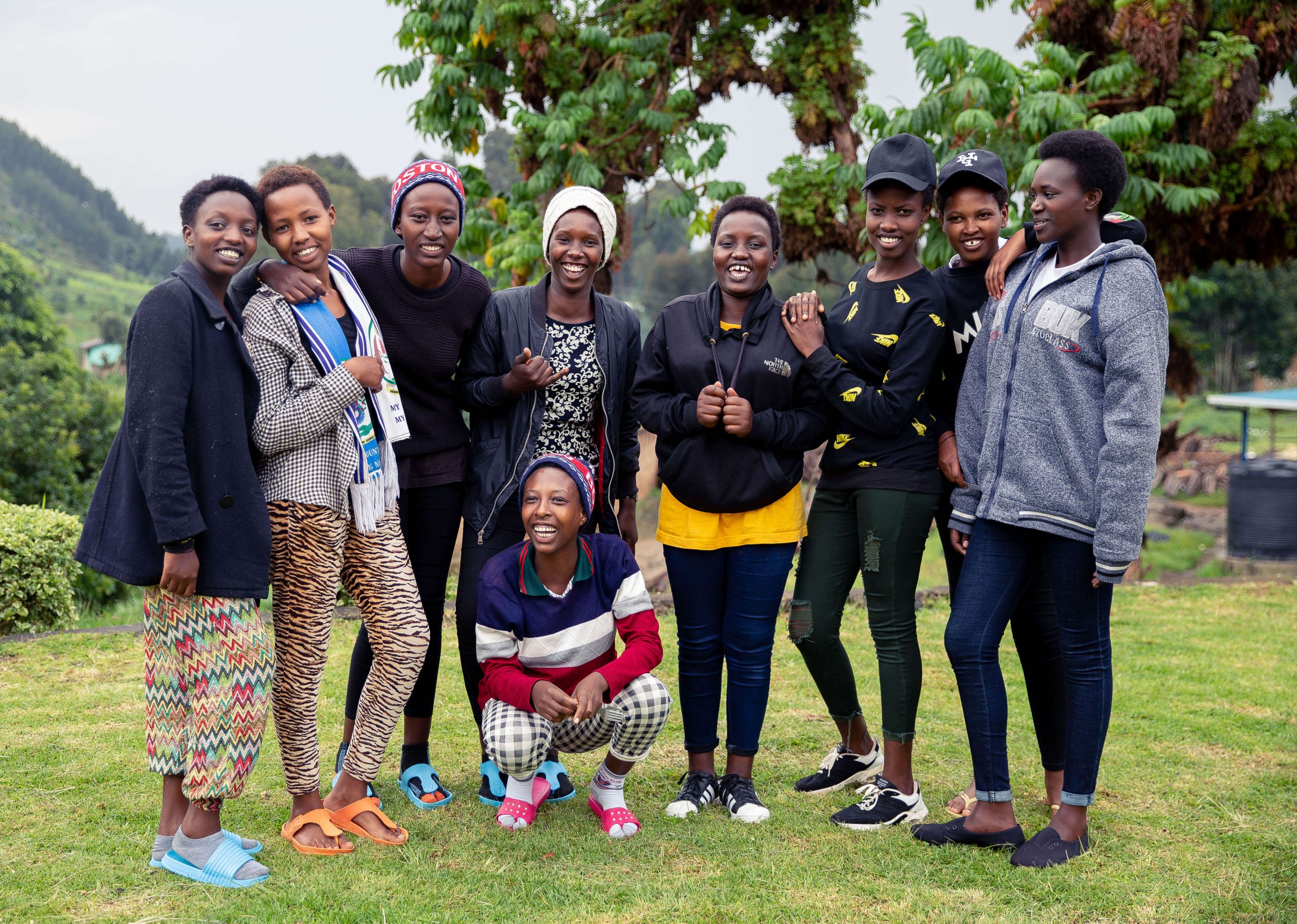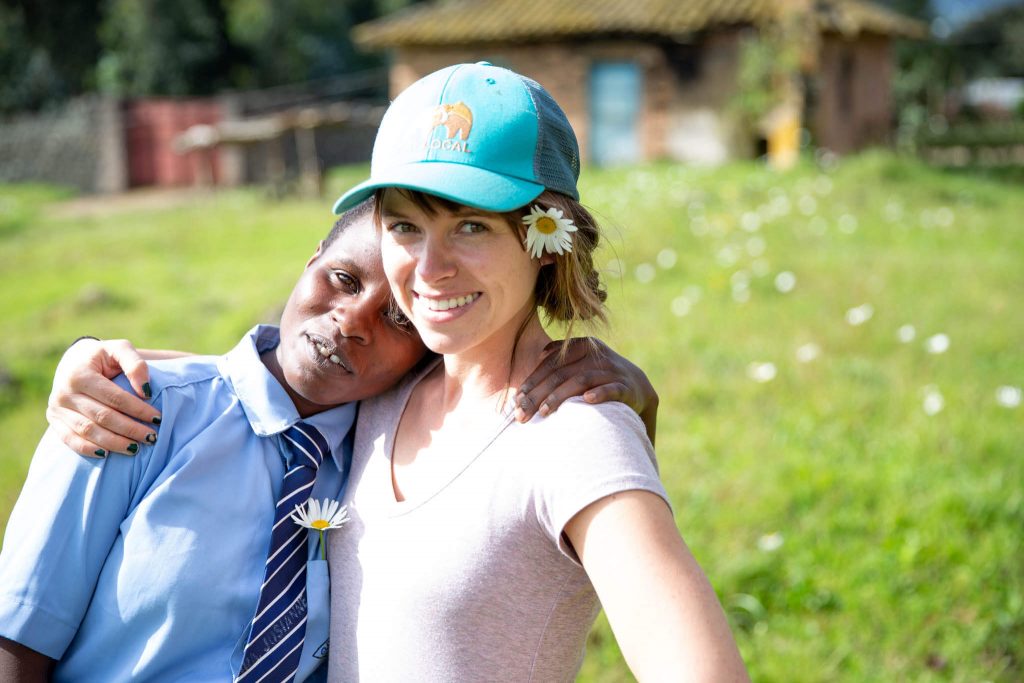
As a young girl raised in southern California, I never wondered if I would go to school.
School was one of my favorite places to be on earth. A place where I played tetherball with my friends, wore big red glasses while reading Paddington the Bear, and made new discoveries all day long.
Summer break would approach and I would be sad knowing I had to wait three whole months to go back. For the next seventeen years, my life revolved around the school calendar system.
What I didn’t learn in my education was that approximately 130 million young girls around the world are out of school.
And not because they want to be.
Their stories are quite different from mine. Stories full of poverty, war, early marriage, and gender biases that keep them locked away from the freedom that education offers.
My eyes were first opened to this tragedy when I traveled to Rwanda in 2019. I was there with Impact Hope to take pictures and collect stories about the summer vocational training program.
When I met the Impact Hope girls, they were full of playfulness and laughter. Like high schoolers around the globe, they were cheeky, fashionable, and full of inside jokes. As soon as my camera was out, they were instantly insisting, “take our picture!” as they simultaneously struck their best model pose.
Yet, when I sat down with the girls to ask about their stories, their entire countenance changed.
Sarah bravely shared with me what it was like to be a girl in a refugee camp. Like most girls in the camp, Sarah stopped attending school to help with the daily chores.

Sarah and Alyssa at the summer trade vocational program in 2019.

Sarah and Alyssa at the summer trade vocational program in 2019.
Collect water. Cook over a fire. Clean. Wash dishes. Collect water.
And the cycle continues.
It was during this time that Sarah’s boyfriend forced himself on her. In her words, “I refused. He did not accept.” Her life drastically changed. Sarah became pregnant and gave birth to a baby boy. Sadly, this is a common occurrence for young girls in refugee camps.
But Sarah’s story does not end there.
Three years later, Sarah had the opportunity to go to school through Impact Hope. She knew that education was the answer to a better life, not only for her but for her child.
How does education change Sarah’s life?
When a girl is educated, she increases her income earning potential and her future is full of opportunities.
In its 2018 report, Missed Opportunities: The High Cost Not Educating Girls, the World Bank conducted a study that found if every girl around the world had 12 years of education, lifetime earnings would increase by $15 trillion to $30 trillion globally.2
Girls who complete secondary education become women who are more likely to participate on equal terms in the workforce, lead healthier lives, raise healthier children, and become decision-makers in their homes and communities.
In simpler words, girls become empowered to be the women that God uniquely made them to be.

The good news is that we have the solution!
When girls become sponsored through Impact Hope, they attend an Adventist boarding academy in Rwanda. There, they are in a safe place and at a much lower risk of becoming pregnant. They are eating three meals a day, learning a vocational trade, fostering their relationship with Jesus, and taking steps toward building a successful future.
